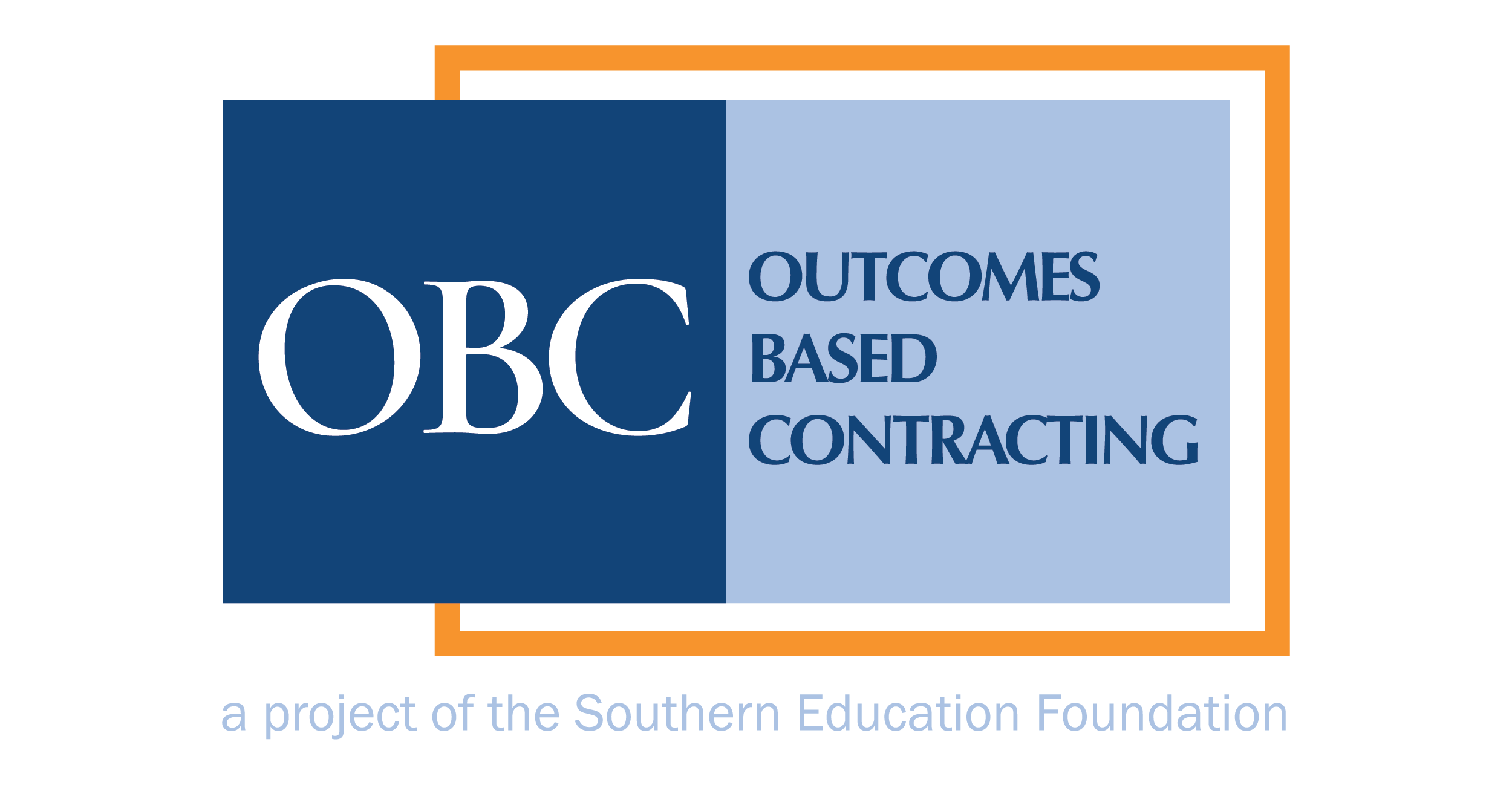By: Raymond Pierce
The COVID pandemic caused major disruptions in the education of public-school students across the nation. It highlighted and brought to the forefront ongoing disparities in digital access and demonstrated that, because of the persistent digital divide, large sections of our country were incapable of incorporating online technology into education to enhance the quality of learning. Across the U.S., students were deprived of learning during the pandemic, through absolutely no fault of their own. Unexpectedly, students of color and students from low-income families were the most affected.
These upheavals and disruptions in our systems of mass education present an opportunity for practitioners and policymakers to comprehensively reset the way we approach education in the United States. As students and teachers end their Zoom calls, return to the classrooms, and remove their masks, we should begin the process of honestly and constructively appraising our system of education. That includes identifying critical areas of improvement that could advance educational achievement levels for all, particularly those students most in need.
One area that is ripe for review, critique, analysis, and overhaul is the business operations of our school districts—particularly how they contract for services. School districts spend hundreds of millions of dollars annually on services – school bus driving, building maintenance, food provision, faculty development, and educational assistance for students. The overwhelming majority of the services vendors provide are pursuant to contracts that require payment for those services from our public school systems, regardless of the outcomes and the quality of the deliverables.
In recent years, the framing of these contracts has come under greater scrutiny and analysis. Increasingly, people are recognizing that school districts need to be placed in a far better position to demand improved quality of the services for which they are paying. That is, ensuring that contracts for services have a mechanism for making vendors responsible for outcomes. This was the focus of an initiative at the Center for Education Policy Research (CEPR) at Harvard University. The Outcomes Based Contracting Initiative was aimed at exploring the potential for moving school districts to an outcome-based contracting model for purchased services.
The initiative focused specifically on tutoring for students, which has become one of the most important and sought-after services among school districts. Districts are increasingly contracting with vendors to provide tutoring for students in subjects in which these students are not performing at grade level, frequently due to the disruption in their education caused by COVID-19. A growing number of businesses are offering online tutoring services in math, science, and reading under the assumption that these services will improve student academic achievement levels. That is not always the case. Many of these companies receive significant payment from school districts regardless of whether student performance is measurably improved.
Outcomes based contracting seeks to change that. The goal is to not only save school districts hundreds of millions of dollars on ineffective or only partially effective tutoring programs, but also to encourage vendors who provide tutoring services to improve their services so that they truly and measurably improve learning for the students they purport to serve.
In late 2021, the initiative at CEPR was transferred to the Southern Education Foundation (SEF) for continuation and expansion. According to Sarah Glover, who is the Project Director for the Outcomes Based Contracting (OBC) initiative at SEF, “Our Outcomes Based Contracting initiative is a natural fit for the Southern Education Foundation. It capitalizes on our long history of developing sound educational policies and practices aimed at improving education and achieving education equity for students of color and those from low-income families. The initiative is already showing great promise as we work with five diverse districts around the country on reshaping their contracting practices.”
A regionally diverse group of school districts are participating in the pilot project. They are Boston Public Schools, Denver Public Schools, Duval County Public Schools (Florida), Ector Country Independent School District (Texas), and Fulton County Schools (Georgia). The initiative is already showing potential for nationwide expansion.
The OBC pilot is focused on mathematics tutoring, as that is an area in which students of color and students from low-income families tend to lag behind their more affluent and White peers. Moreover, mastery of mathematics is a prerequisite for careers in lucrative and important STEM fields.
This initiative responds not only to the need to achieve equitable education opportunity, it also takes into account that the United States is competing in an increasingly global, technology-driven economy. OBC can help our nation meet the need for a larger and more diverse technology workforce that will make the United States more competitive internationally.
Public schools educate the majority of students in this country. We ignore that fact at our peril. The United States can and must invest in those students and those schools. When money is being spent on student services, those services must yield the high-quality outcomes that our children and our nation need. Every dollar and every practice, including contracting practices, is important. Each school district should review and analyze those practices with an eye toward consistent improvement. We can do no less for the future of our children and the future of our nation.
SOURCE: Forbes


